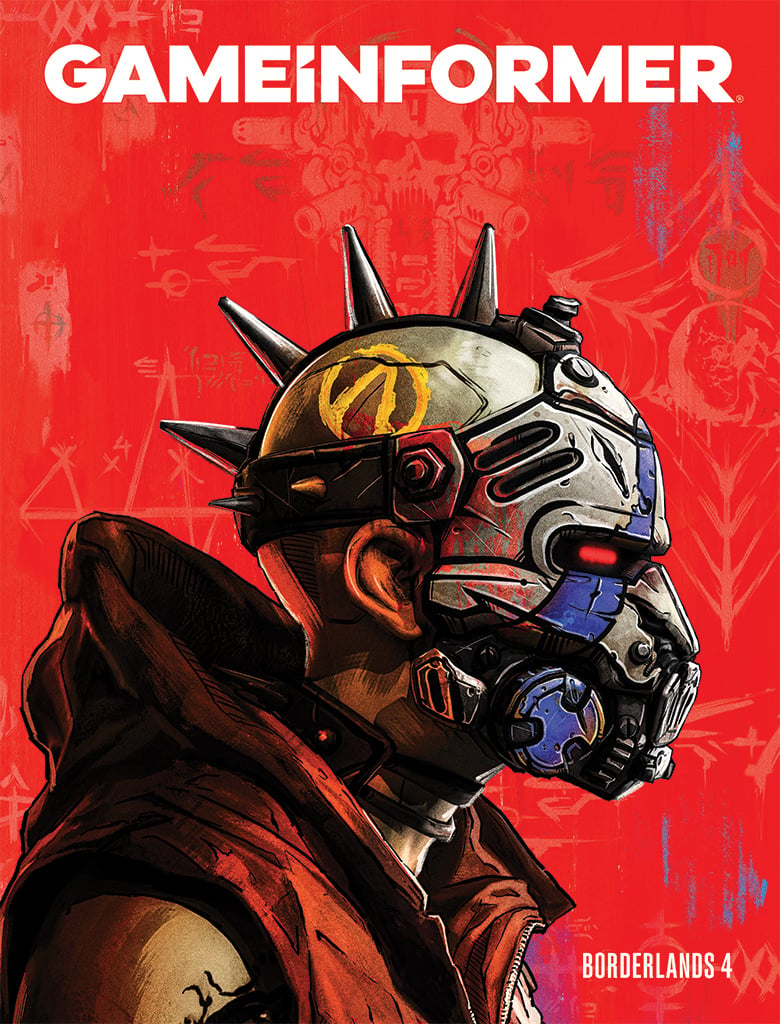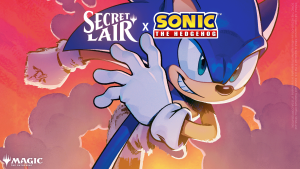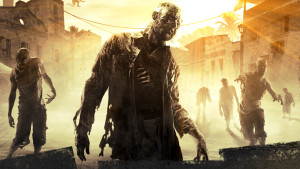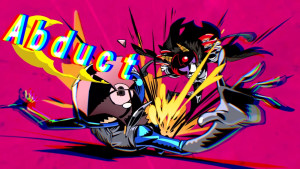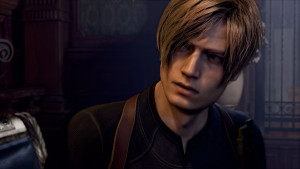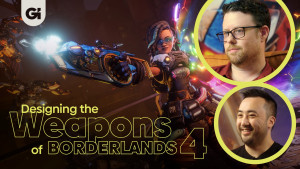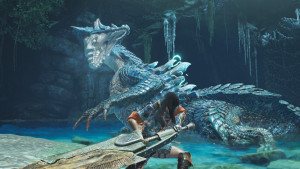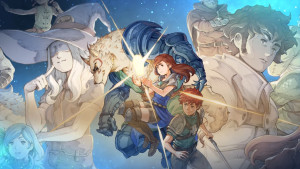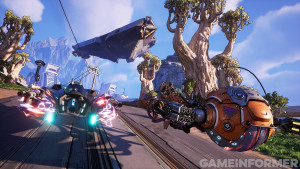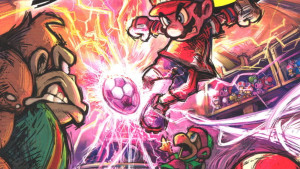Last chance to get your Borderlands 4 issue when ordered by July 1st. Subscribe Now!
EA's Patrick Soderlund Discusses Project Scorpio, Nintendo, Fan Projects, And More
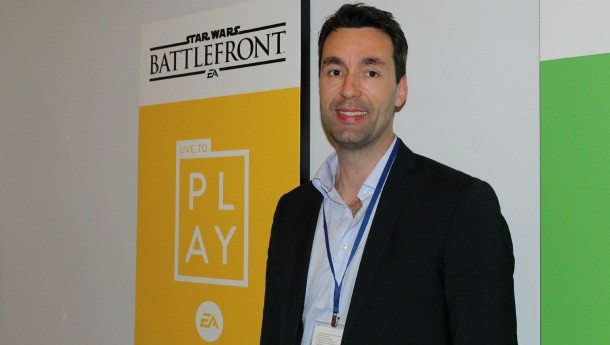
Gamescom kicks off today, and we spent time gearing up for the big show chatting with EA executive vice president Patrick Soderlund about a host of topics. You may have already seen that EA has reversed its stance on remasters, and is actively discussing jumping into the fray (possibly with Mass Effect games on the docket). We also discussed the changing face of the console market, fan projects, Mirror's Edge, and major changes to how players will experience the Battlefield franchise.
Having Faith in Mirror's Edge
One of EA's tentpole titles for the year was also one of its riskiest. Mirror's Edge attained cult status last generation with a loyal, vocal fanbase that had been clamoring for more. Depending on who you ask, this year's prequel, Mirror's Edge Catalyst, either sprinted across the rooftops of success or plummeted to the streets below in failure. It was a polarizing game, but Soderlund is still happy with how things turned out.
"For us, if you look now that the game's been out for a while, reflecting on it, I still think it's really good that we decided to build it," he said. "I'm for the most part pleased with the game as it came out. I'm happy that we stayed true to the art direction and kept that, but kind of evolved it so that it looked and felt good. I think the city as it was designed was cool. I think it was a very ambitious project for many reasons. We got criticized a little bit for a weak story. It's difficult to tell a story in any medium. I think we also wanted to make the game open and more free-flowing than the first one was. At any point in time when you make any piece of entertainment, people give feedback and we have to listen. We have to listen to what people liked and what they were not so happy with and things that they outright rejected and learn from that."
Despite the somewhat tepid critical response, it's too early to count Mirror's Edge out. Soderlund says it's far to early to know what will happen to the franchise.
"[Are we] going to build another Mirror's Edge in the future? I don't know yet," he candidly told me. "We are early on in the lifetime of that game. We're going to have to look at this maybe seven or eight months from now with the lens of the brand itself, what fans said, and in my role, overall performance from a financial perspective. We have the responsibility to ourselves and our shareholders. It's a combination of many things. Frankly, I think most importantly it is what's the desire of the game team, and where do they want to take it or do something else. I've done this for so long now that without a passionate game team wanting to build something, you can't get a good product. We have a passionate development team that really wanted to build this. I think they gave it their all. Are there things that we would have done differently or changed? That's always the case."
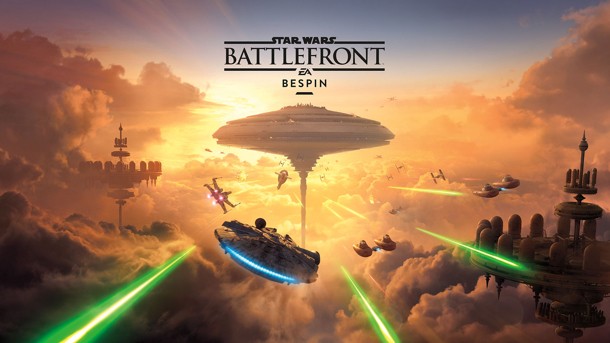
Where Star Wars Business and Fandom Intersect
Earlier this year, a fan group called Frontwire Games stepped forward with a game similar to Star Wars Battlefront called Galaxy in Turmoil. After going public, the group quickly discovered that deciding to use iconic Star Wars locations and vehicles wasn't as simple has artists putting X-Wings into a game.
Lucasfilm stepped in and informed Frontwire that the nascent studio would not be permitted to use the Star Wars license. The result was that EA took heat for an alleged role in forcing the Galaxy in Turmoil team to move away from AT-ATs and Y-Wings.
The situation is far more complex than that, with EA having paid an undisclosed large sum to Lucasfilm parent Disney for exclusive rights to create core audience games based on Star Wars. While Soderlund had no involvement with the Frontwire situation, he did share his thoughts on fan projects and why this one couldn't continue.
"What I would say is that we've seen back in the day with Battlefield 1942, we had a bunch of mods that truly helped people become aware of Battlefield as a brand and associate a lot of good things with it," he said. "We saw the Desert Combat mod. We saw several World War II and even a World War I mod that we played and enjoyed. The community of people out there that are passionate about adding to something in existence is, in general, a good thing. I see no badness from that. That stems from passion and desire to build."
The difference here is that the fan project wasn't building on Battlefield, Need for Speed, Dragon's Age, or any other wholly owned EA property. It was based on one of the biggest franchises in the world.
"It's a lot easier for us to make decisions for brands that we fully own. When it comes to something as big and well-known as Star Wars, there are so many other parts that come into play," Soderlund explains. "What is considered canon? What can you do within the brand? It becomes very complicated. On top of that, between Disney and EA is a substantial business deal where one partner has paid the other a lot of money to gain exclusivity. Without knowing details of exactly what happened, that's kind of how I look at it in general."
Despite Frontwire having to shift gears and abandon the use of Star Wars assets, Soderlund believes there is an important place in the ecosystem for mods and iterative design. In fact, that is where he got his start.
"I grew up from that myself. We started building mods and ideas based on other games that were in the market," he said. "Battlefield 1942 came about because we were playing a lot of Doom at the time and said, 'This is cool, but wouldn't it be cool if you could be in this first-person view, but outside and in vehicles.' I totally get that, and this passion should not be chilled by any company."
Read on for Soderlund's thoughts on the new PlayStation and Xbox consoles coming soon.
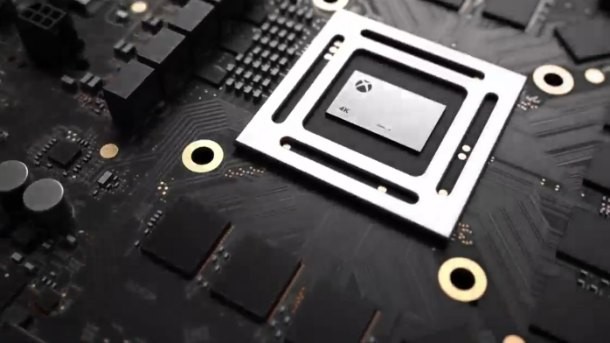
Neo, Scorpio, and the Changing Console Landscape
The game console world is about to undergo a major shift. For decades now, we've become used to the idea of generational divide. When a new console emerges, it replaces the one before it. Often old software is abandoned completely, forcing players to start their libraries anew with every new hardware purchase.
With Microsoft's upcoming Project Scorpio and Sony's not-quite-announced PlayStation Neo, gaming hardware will abandon traditional generational design. Instead, the ecosystem for current consoles will grow with content being forward compatible. In the case of Project Scorpio, we know that accessories will be forward compatible, also. Soderlund was open about how this shift will impact EA's business. The company is ready and eager for iterative design.
"I believe that it's an interesting approach," he told me. "We haven't seen this whole idea of upgrading since the Mega CD in 1991 or something. At the time, that might not have worked, but this is different. I can only comment to what's been announced by Microsoft, the whole idea of keeping the ecosystem intact and scaleable is right. If you get in later in the cycle, you can get a Scorpio or you can upgrade to it. It's an interesting, smart approach, and we'll see how well it works. It's something that we as a company are 100 percent behind. I got super excited when I saw what they are working on, and without giving you any information, the same is true of Sony. In general, this is a good thing."
Soderlund believes that giving developers more power will open the door for different types of gaming experiences. With PlayStation VR on the horizon and Microsoft mentioning VR in its debut announcement for Scorpio, head-mounted displays are entering the living room. Whether it's designing for VR or pursuing traditional development, Soderlund says that Frostbite makes iterative console hardware an easy proposition.
"From a technical and developer perspective, it's actually really straightforward for us," he explained. "We have an engine in Frostbite that is dynamic and scaleable. It's an engine that today supports substantially all known PC platforms and DirectX 9, 10, 11, 12. Given that these machines are almost PC architecture inside of them, they are not that difficult for us to develop for. Scaling up and down is something we're in a good position for. If you're a developer, when you make games, you always want more capacity. You always want to bring more to the players. We're truly excited about this."
The opportunity also comes with challenges, though. Simply offering improved resolution is easy. Given current consoles' PC-like architecture, it's an approachable problem. The tricky part comes when developers will have to decide how else they want to use that power.
"If you were to run a Battlefield or some of our other PC games today and you run them in ultra high definition resolution, you can run them in 4K. You can run Battlefield 4 in 4K with the right spec," Soderlund said. "That's a resolution impact, and that's meaningful. But then you get to choose what to use the horsepower on. Do you want more players in multiplayer? Do you want a deeper A.I. system? Do you want a more advanced physics system? Do you want more stuff going on on the screen at the same time? That's where it gets a little tricky, because we have to start making decisions. The game teams will have to start making decisions about what matters most to them. But the notion of an Xbox ecosystem or a PlayStation ecosystem that keeps growing and gets bigger and bigger is important for us. Even if we come to a point where we're seeing increased development costs as a result of that, hopefully the added install base is going to solve that."
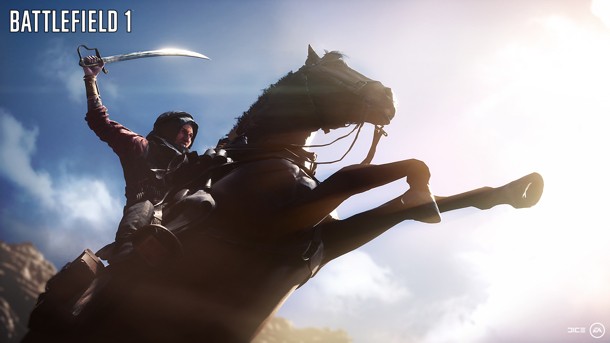
Battlefield Becomes a Platform
In July, EA announced that Battlefield is going to be overhauled on current-generation systems and PC. A new framework will allow players to squad up and stay together across game modes and different Battlefield games. This effectively creates a Battlefield "platform" from which fans can launch multiple games, track career stats, and more. Some of what Soderlund explained sounds like Halo Waypoint with a bit more oomph.
It also creates some interesting possibilities for EA down the line. The company owns the technology that's being built for Battlefield, and it's being developed by the group that created Battlelog. I asked Soderlund if he sees a future in which EA's sports games might operate with a similar platform framework. The answer? It depends on what fans want.
"For us, it's going to be about understanding how this works," he said. "It needs to be player focused. If the players are telling us they like it, then we'll keep updating and working on it and it's a way to swap between games? Why wouldn't we bring it to other parts of the business. Whenever you do something new and something that hasn't been done for, you wonder if it will work. When I play around with it, it makes a lot of sense."
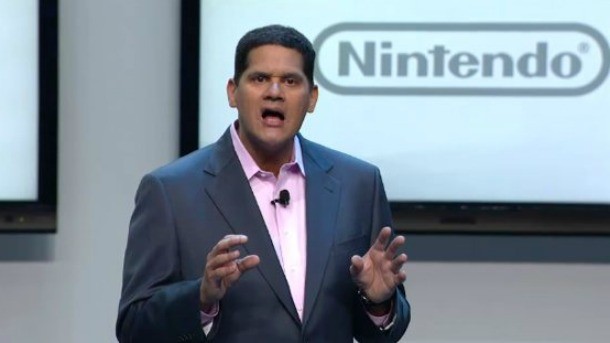
A Return to Nintendo Isn't Out Of The Question
EA was one of many publishers that bid farewell to the Wii U early on in the ill-fate console's life cycle. With Nintendo about to shift gears and announce a new system of its own, it's a clean slate for bringing third-parties back to the table. Because Nintendo hasn't formally explained what its next system, codenamed NX, will be, Soderlund couldn't talk specifically. However, he did share thoughts on Nintendo and what would bring the company back to the table.
"Nintendo is such an instrumental part of our whole industry," he shared. "They deserve to be successful, and they deserve to be a major player in the business, given their pedigree. It's not only the machines that they've built, but also the IPs they've brought to market. There are very few companies like Nintendo. Whenever they bring something to market that we see an addressable market for, we'll be there. Given that they haven't announced [a new console] officially or shown it, I can't comment specifically."
